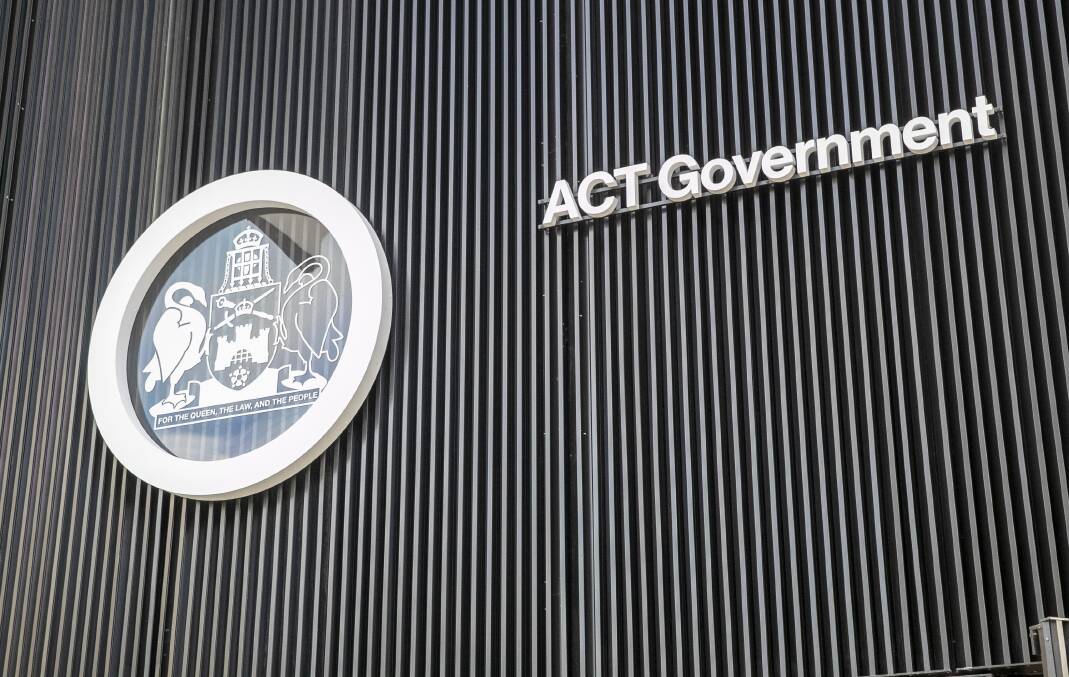The number of misconduct proceedings in the ACT's public service increased by 31 per cent last financial year.
There were 114 misconduct proceedings in the 2022-23 year, the territory government's state of the service report has shown.
But while the number of processes increased, up from 87 in the previous year, the report said this did not equate to an increase in misconduct.
There were 52 misconduct findings against ACT public servants over the year - only one more than the previous year.
"An increase in referrals does not necessarily equate to an increase in misconduct across the service," the report said.
"When viewed against the totality of employees in the ACTPS, this number represents a very small portion of the workforce."
The most common misconduct allegations related to failure to treat people with respect, failure to undertake the public servant role with reasonable care, failure to follow a direction, unauthorised release of information, sexual harassment and bullying or harassment.
The report showed there were 59 reports of bullying and harassment where a preliminary assessment was conducted. Of these, 14 progressed to a formal misconduct process and in eight cases there was a substantiated finding of bullying or harassment.

There were 11 employees who were dismissed and eight summary dismissals. A further 21 employees resigned before the completion of the process.
Other punishments included 27 written reprimands and 11 financial penalties, while seven were temporarily or permanently transferred to another position at another level.
The report said the misconduct processes included seven incidents which were alleged to have involved 19 people.
Misconduct processes in the ACT government are overseen by the public sector standards commissioner.
A recent review has also recommended the commissioner take over responsibility for investigating public interest disclosures.
ACT public servants have a poor understanding of the disclosure process, the review into the Public Interest Disclosure Act found.
The review found the territory's public servants rarely engaged in public interest disclosures with only about 10 reports made on average each year.
The review said there were concerns public servants did not understand the disclosure framework.
"The key issue raised was that the reporting process and requirements are complex and senior executives felt that staff understood them poorly," the review said.







